Crimes Of The '90s: The Happy Land Fire
On March 25, 1990, a man upset about getting kicked out of the club after a fight with his girlfriend set fire to New York City's Happy Land Social Club, killing 87 people.
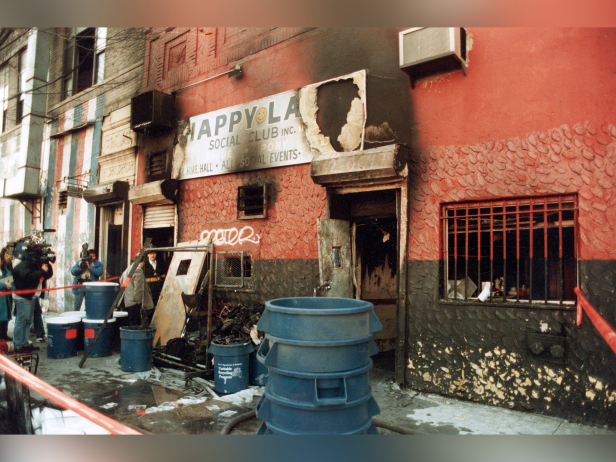
Associated Press
Back in the early morning hours of March 25, 1990, clubgoers were dressed up for a night on the town as they danced and partied in the Happy Land Social Club, a night club in the West Farms area of the Bronx in New York City. Before dawn, 87 of them would be killed by an intentionally set fire. It was the deadliest the city had seen in 79 years, and it remains one of the city’s most deadly fires to this day.
The partygoers packed the second-story club, which only had one working door and one window. The unlicensed club also had no fire alarms, sprinklers, or fire exits. It had been ordered closed for building-code infractions and fire hazards 16 months before the fire. Thomas Doyle, the executive director of the Emergency Medical Service, said, "There was no way out; they never had a chance,” the New York Daily News reported.
Most victims of the fire were young Hondurans who were at the club to celebrate Carnival, a time to celebrate, according to News 12. They had no idea that Julio González was planning an evil revenge on his former girlfriend, Lydia Feliciano, who worked at the coat check in the club. Around 3 a.m. González went to the club to try to make up with her, but the two argued instead.
"She wanted nothing to do with him. When he persisted, the bouncer put him out of the social club,” said Lieutenant Raymond O'Donnell who spoke as a representative of the police department, according to The Philadelphia Inquirer.
González became outraged and shouted that he would have the place shut down. After he was kicked out of the club, he went to a gas station that was only three blocks away, and he bought a gallon of gasoline. The New York Times reported that he returned to the Happy Land Social Club around 3:30 a.m. He poured the gasoline at the bottom of the staircase and lit a match. In doing so, he cut off the only open and available doorway for people to exit the club.
The fire quickly filled the second-story nightclub with smoke and people began to panic. As the fire blazed on, González went home.
Most of the victims died from smoke inhalation, but some were trampled as people desperately tried to escape the horror. The mass murder stunned the city, and it left only six survivors. One of the survivors of the fire was González’s ex Lydia Feliciano. She spoke with police, and when they found González at his home, he admitted that he started the fire.
González, who was 36 years old at the time of the fire, was sentenced to multiple counts of 25 years to life. He died a year after being denied parole while he was serving life in prison. He died of a heart attack at the age of 61 on September 13, 2016.
“He got the easy way out,” said Jaffrey Gotay, whose father was murdered in the fire, reported News 12.
Even decades later, survivors, family members, and residents gather at the memorial on the fire’s anniversary to help each other heal from what was one of New York City’s deadliest acts of arson.
![Christina King [left] and Sameemah Mussawir [right] were identified as victims of the same killer by the Kansas City, Kansas Police Department’s cold case unit.](http://investigationdiscovery.sndimg.com/content/dam/images/investigationdiscovery/crimefeed/legacy/2023/09/kansas-city-police-department-christina-king-sameemah-mussawir-92623.png.rend.hgtvcom.231.174.suffix/1695741317459.png)
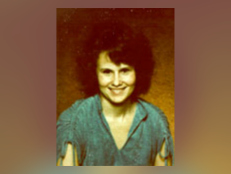
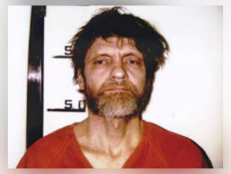
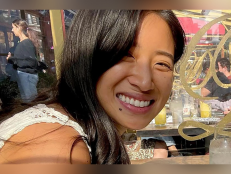
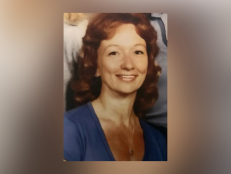
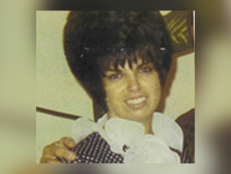
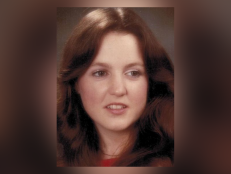
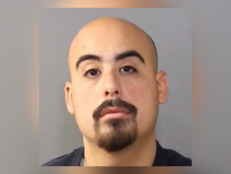
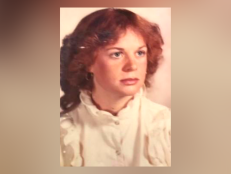
![Nancy Anderson, 19, [main] was stabbed to death on Jan. 7, 1972. 50 years later, Tudor Chirila Jr. [inset] has now been arrested for her murder.](http://investigationdiscovery.sndimg.com/content/dam/images/investigationdiscovery/crimefeed/legacy/2022/09/washoe-county-jail-tudor-chirila-jr-honolulu-police-department-nancy-anderson-09202022.png.rend.hgtvcom.231.174.suffix/1663700815993.png)